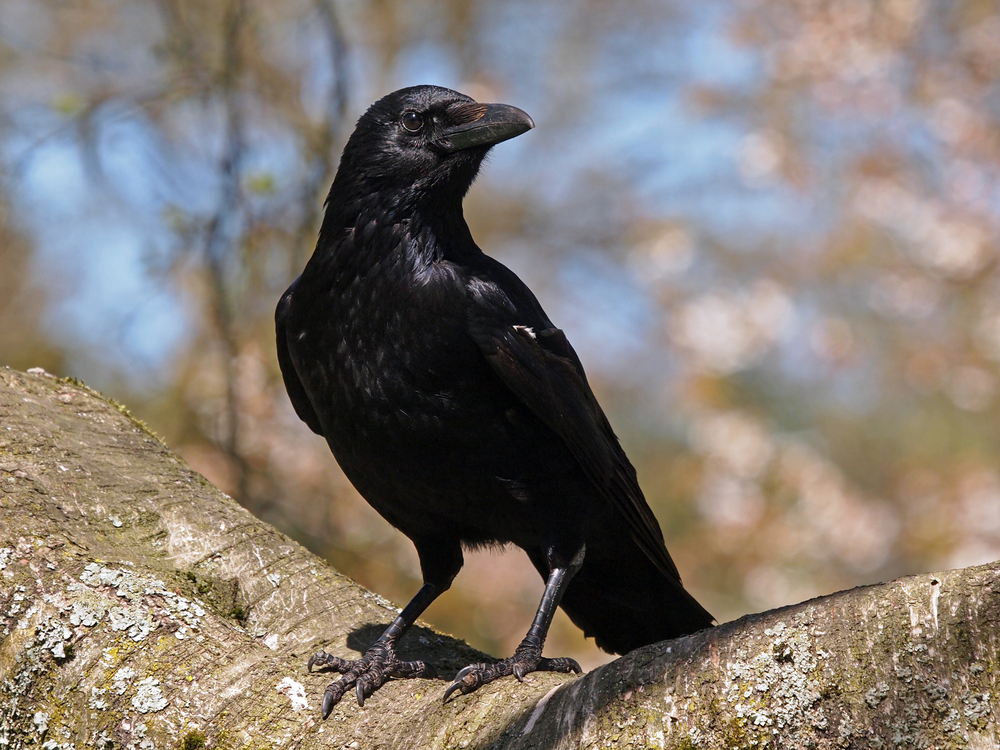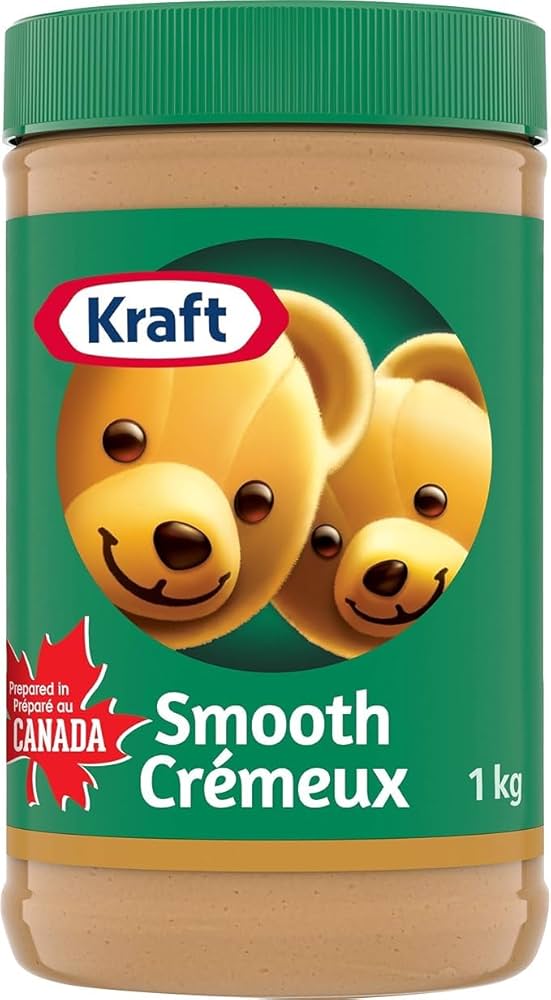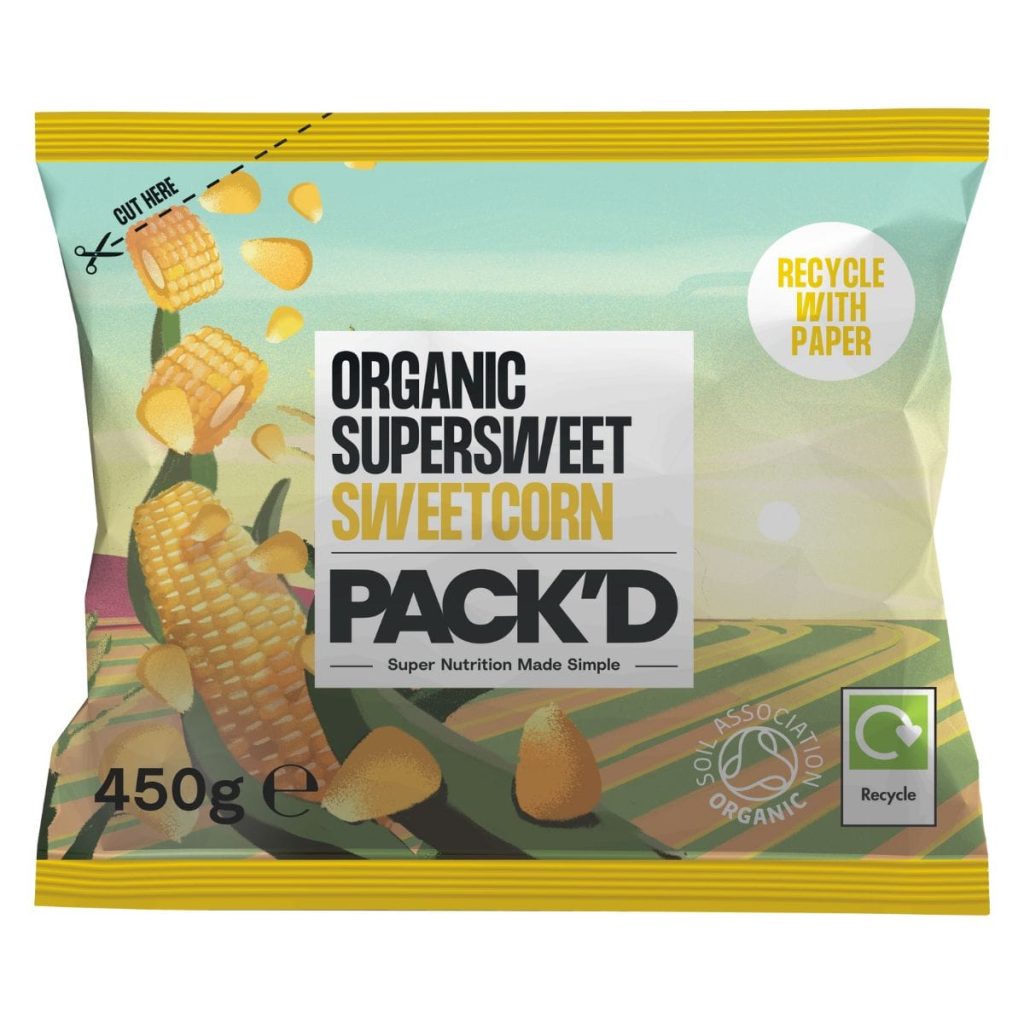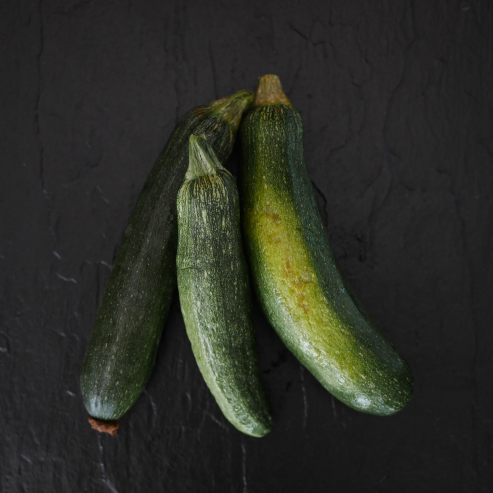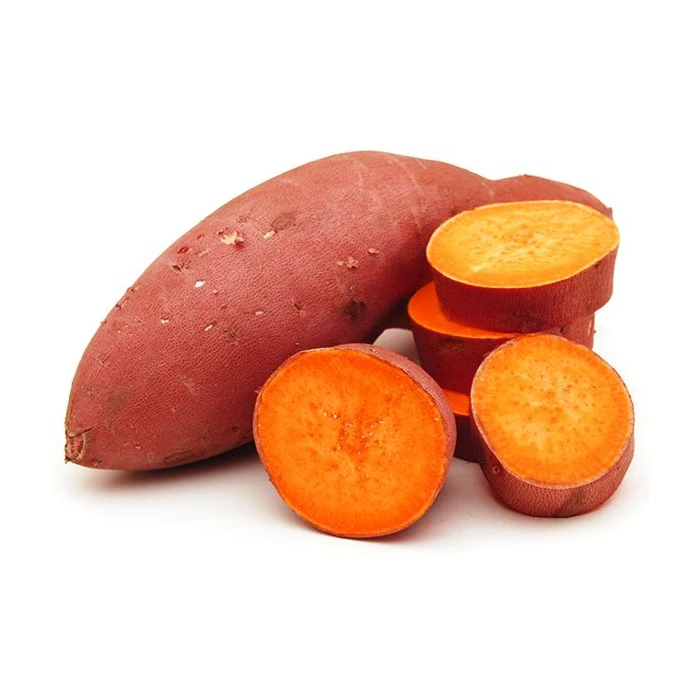Organic Food and Pesticides: So, you’ve probably heard that organic food is the way to go, right? Well, there’s a bit more to the story. Time to clear up a common myth: no pesticides in organic food. Not quite true.
Here’s the scoop:
- Organic farmers do use pesticides, but they’re the natural kind. Think plant-based or mined minerals.
- They can use some man-made stuff, but it’s really limited and under tight control.
Why bother with organic, then? The point is to be gentle on the planet. Protecting nature’s diversity is pretty high on their list.
The good news? Organic foods usually have way less pesticide leftovers than your regular fruits and veggies. That’s a big win for a lot of folks who want to eat clean and stay green.
Let me break it down for you:
- Health buffs love it for the wellness wins.
- Eco-warriors dig the earth-friendly vibe.
- Less chemical stuff on your plate? Sounds good to me!
Getting the lowdown on organic pesticides helps us choose smarter at the grocery store. And let’s be real, organic is still a hot ticket if you’re looking to treat your body and the planet better.
I remember when I first switched to organic. I thought, “I’m finally free from all chemicals!” Not quite, but I did feel better about what I was eating. Plus, my backyard garden? It’s a mini organic haven, and trust me, those veggies taste like a little piece of heaven.
Takeaway
So, let’s wrap this up:
- Organic doesn’t mean pesticide-free. But it does mean fewer and natural pesticides.
- Choosing organic is all about the health perks and eco-love.
- It’s all about making choices that feel right for you and Mother Earth.
Next time you’re eyeing those organic apples, you’ll know exactly what’s up. And hey, every small choice can lead to big changes. Happy eating!
Organic Farming Practices
Organic farming practices aim to produce food sustainably and safely. Many people wonder if organic food can have pesticides. Understanding these practices helps clarify how organic food is grown and what makes it different from conventional farming.
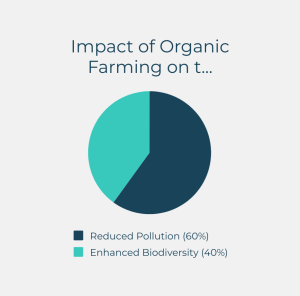
Methods Used
Organic farmers use various methods to manage pests and diseases. These methods focus on promoting healthy soil and plants. Here are some common techniques:
- Crop Rotation: Changing the types of crops grown in a field each season helps prevent pests from establishing.
- Biological Control: Introducing natural predators or parasites to control pest populations.
- Companion Planting: Growing certain plants together to repel pests or attract beneficial insects.
- Physical Barriers: Using nets or row covers to protect crops from pests.
- Hand Weeding: Manually removing weeds to reduce competition for nutrients and water.
Organic farmers also use natural pesticides derived from plants, animals, or minerals. These are less harmful than synthetic pesticides. Some examples of natural pesticides include:
- Neem Oil: Extracted from the neem tree, effective against many pests.
- Diatomaceous Earth: A powder made from fossilized algae, it kills insects by damaging their exoskeletons.
- Pyrethrin: Derived from chrysanthemum flowers, it targets a wide range of insects.
Regulations Involved
Organic farming is regulated to ensure practices meet specific standards. These regulations are set by government agencies and certifying bodies. In the United States, the USDA sets strict guidelines for organic farming. Key regulations include:
- No Synthetic Pesticides: Only natural pesticides are allowed, and their use is limited.
- Soil Health: Farmers must use practices that maintain and improve soil quality.
- Non-GMO Seeds: Genetically modified seeds are not permitted in organic farming.
- Animal Welfare: Organic livestock must have access to the outdoors and be raised without antibiotics or growth hormones.
Organic farms must undergo regular inspections to ensure compliance with these regulations. Inspectors check records, visit fields, and test soil and water. If a farm violates these rules, it can lose its organic certification. This ensures that organic food meets high standards for safety and sustainability.
Hey there! You’ve probably heard a lot about organic farming, right? It’s all about growing food in a way that’s good for the planet and for us. But, have you ever wondered if organic stuff still uses pesticides? Let’s dive into what organic farming is really about and what sets it apart from regular farming.
How Do Organic Farmers Do Their Thing?
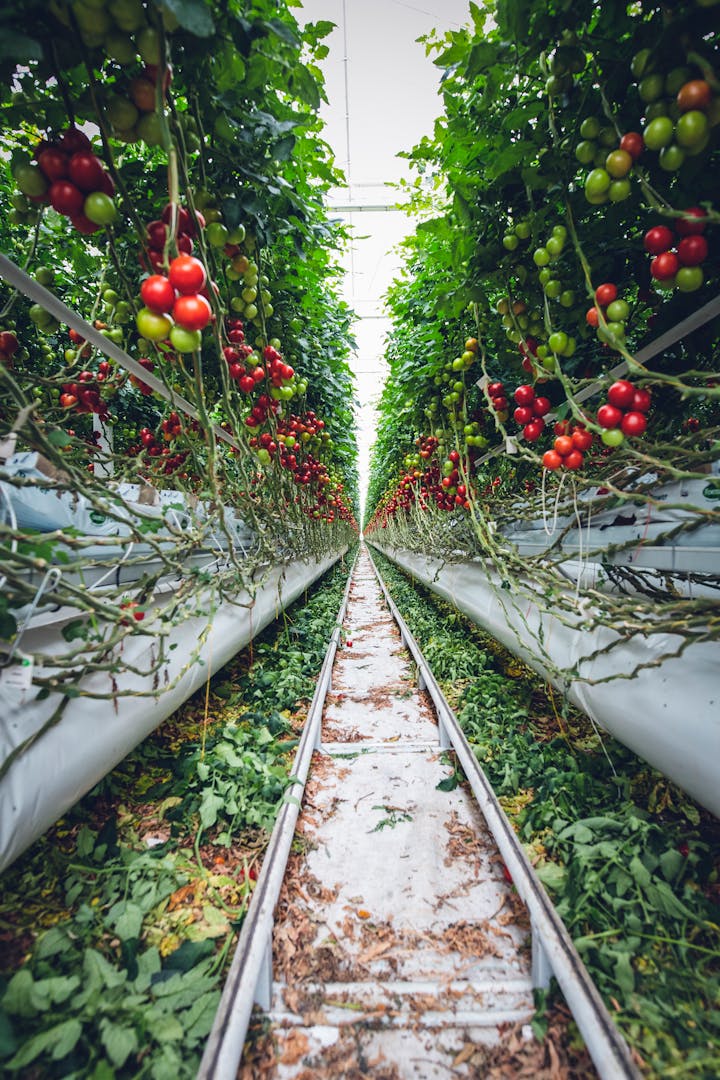
Organic farmers are pretty clever. They’ve got a bunch of tricks up their sleeves to keep pests and diseases away without harming Mother Nature. Here’s the lowdown:
-
Crop Rotation: Imagine changing your clothes to fool someone. That’s crop rotation. Farmers switch up their crops to keep pests guessing.
-
Biological Control: It’s like having guard dogs in your garden. Farmers bring in good bugs to fight off the bad ones.
-
Companion Planting: Some plants are BFFs. They hang out together to keep pests away or invite friendly insects over.
-
Physical Barriers: Think of it like setting up a tent. Nets or covers keep the pesky critters out.
-
Hand Weeding: Sometimes, you just gotta get down and dirty and pull those weeds yourself.
And when they really need to, organic farmers will use natural stuff to fight pests. Things like:
-
Neem Oil – Comes from a tree and works wonders.
-
Diatomaceous Earth – It’s a powder that makes bugs go “ouch!”
-
Pyrethrin – Made from flowers and tough on bugs.
Rules, Rules, Rules
Organic farming isn’t the Wild West. There are rules to follow. In the U.S., the USDA keeps an eye on organic farmers to make sure they’re doing things right. What’s not allowed?
-
No fake pesticides. Only the natural stuff, please.
-
Soil Health: Keep the dirt happy and healthy.
-
No weird science seeds. GMOs are a no-go.
-
Animal Welfare: Animals get to enjoy the sunshine and don’t get any weird growth stuff or antibiotics.
Organic farms get checked out regularly. Inspectors come over, poke around the fields, and test the soil and water. If a farm doesn’t play by the rules, they can kiss their organic badge goodbye. It’s all about making sure that organic label means something special.
Final Thoughts
I remember when I first visited an organic farm. The air felt cleaner, and the tomatoes? They were the juiciest I’d ever tasted. Organic farming is about keeping things real and respecting nature’s way. So, the next time you bite into an organic apple, think about all the care that went into growing it. Pretty cool, huh?
Types Of Pesticides
Hey there! Let’s talk about organic food. Many people think it’s always healthier. But here’s a surprise: it can still have pesticides. Knowing about these can help you make better choices. So, let’s dive into the types of pesticides used in organic farming.
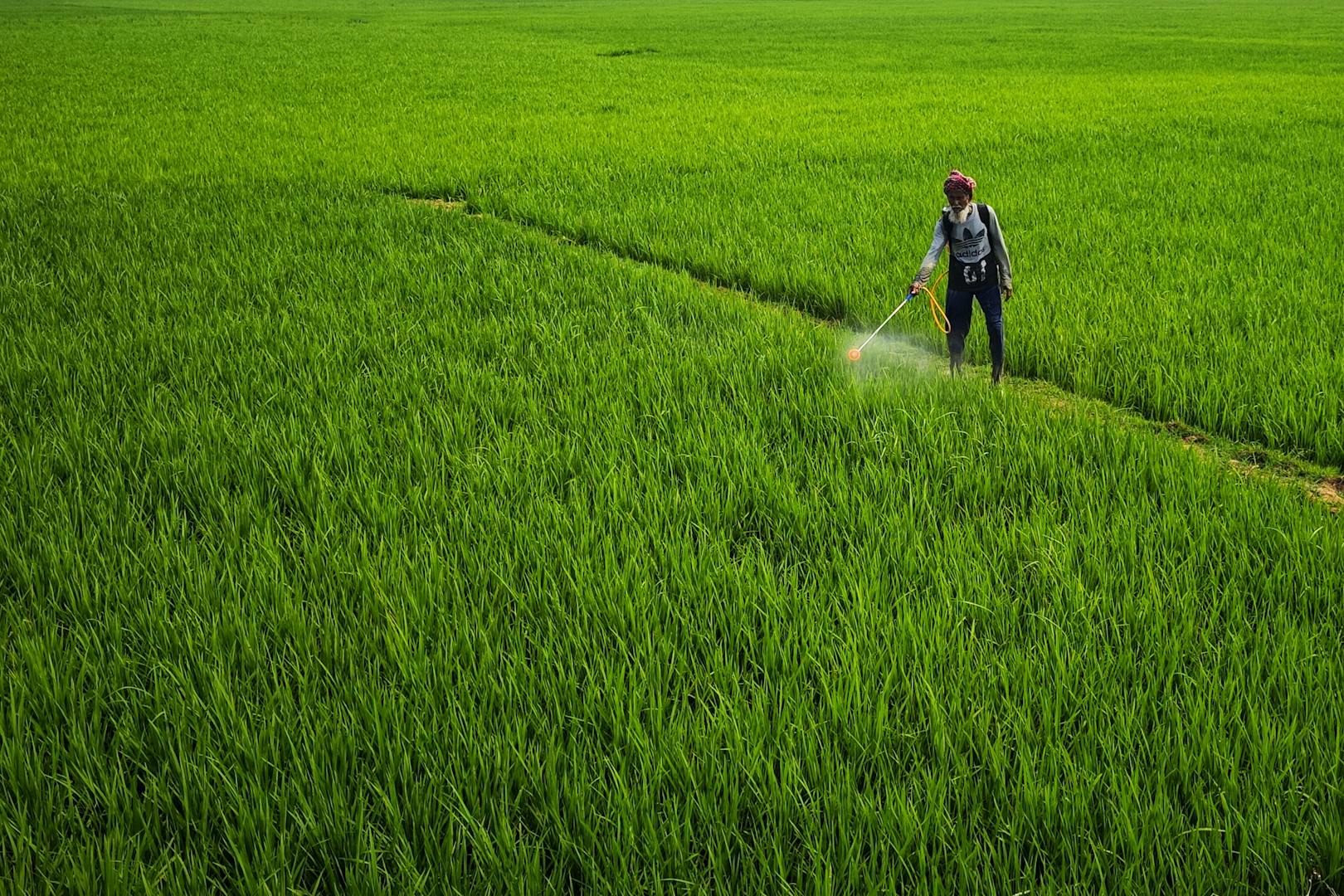
Synthetic Vs. Natural Pesticides
In farming, pesticides help protect crops from pests. There are two main types: synthetic and natural.
Synthetic pesticides are man-made. They’re strong and last longer. Some common ones are:
-
Glyphosate – used to kill weeds.
-
Chlorpyrifos – controls insects.
-
Carbaryl – also for insect control.
But, synthetic pesticides can harm the environment. They can pollute water, soil, and air.
Natural pesticides come from nature. They’re seen as safer and better for the planet. Some examples are:
-
Neem Oil – from the neem tree, fights many insects.
-
Pyrethrin – from chrysanthemum flowers, targets lots of insects.
-
Rotenone – from certain plant roots, used for insect control.
Natural pesticides break down faster. This means less long-term pollution. But, they might need to be used more often.
Common Organic Pesticides
Organic farming sticks to natural pesticides. This helps keep the soil healthy and supports biodiversity. Here are some common ones:
-
Neem Oil – Great for aphids, mites, and whiteflies.
-
Bacillus thuringiensis (Bt) – A bacterium that targets caterpillars and worms.
-
Diatomaceous Earth – Made from fossilized algae, it kills insects by damaging their exoskeletons.
-
Insecticidal Soap – Made from potassium salts of fatty acids, it targets soft-bodied insects.
The good news? These natural options help keep your food and the environment safer.
These organic pesticides have a lower environmental impact and are generally safer for humans and animals. Below is a table summarizing some common organic pesticides and their uses:
| Pesticide | Derived From | Targets |
|---|---|---|
| Neem Oil | Neem Tree | Aphids, Mites, Whiteflies |
| Bacillus thuringiensis (Bt) | Bacterium | Caterpillars, Worms |
| Diatomaceous Earth | Fossilized Algae | Various Insects |
| Insecticidal Soap | Potassium Salts | Soft-bodied Insects |
Organic farmers carefully select these pesticides to balance pest control and environmental health. While organic food can still have pesticides, these are typically less harmful than synthetic options.
Pesticide Residue In Organic Food
Ever wonder why people go for organic food? Most folks think it’s because organic food is totally free from pesticides. But here’s a surprise: organic food can still have some pesticide residues. Knowing how this happens can help us make better choices.
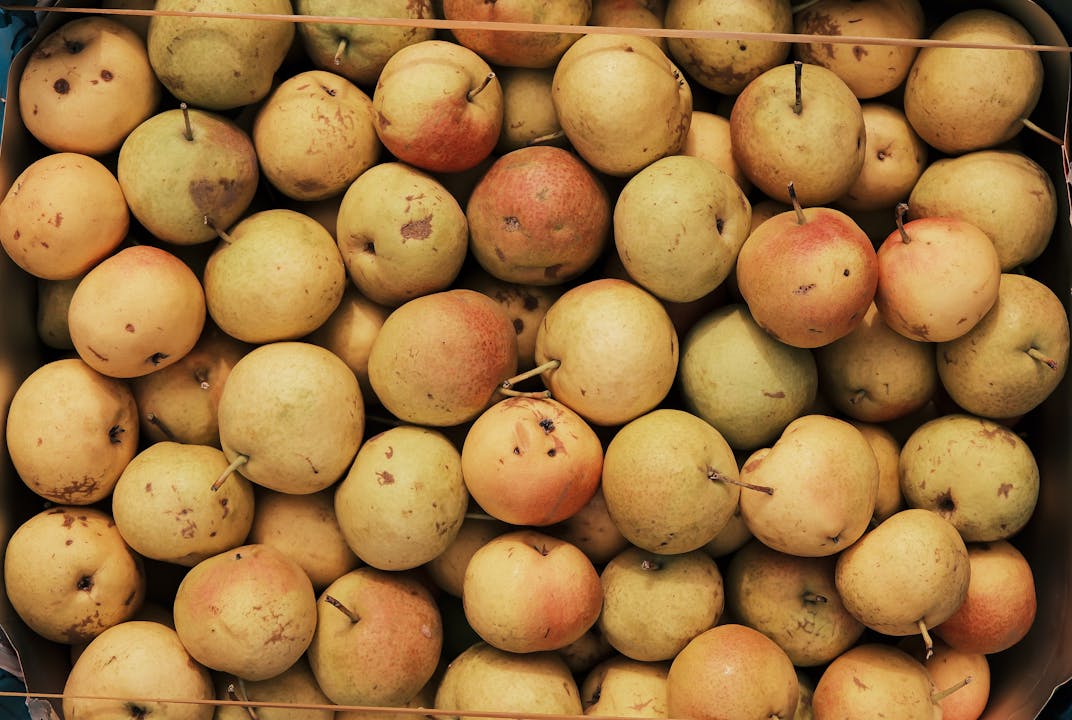
How is organic food tested?
Organic food goes through some pretty strict testing. Farmers have to follow certain rules to use as little pesticides as possible. Here’s how the testing works:
-
Random Sampling: Inspectors take samples from farms and stores.
-
Laboratory Analysis: These samples are checked in labs for pesticide residues.
-
Field Inspections: Inspectors visit farms to see how the farming is done.
So next time you’re picking out your groceries, you’ll know a bit more about what’s behind that organic label. It’s not just about being pesticide-free; it’s about sticking to some tough standards to keep our food as clean as possible.
These procedures ensure organic food maintains its integrity. The process is thorough, aiming to catch any contamination early. Here’s a breakdown of how testing works:
| Step | Description |
|---|---|
| Sample Collection | Inspectors collect food samples randomly. |
| Lab Testing | Samples are analyzed for pesticide residues. |
| Field Inspection | Inspectors check farming methods on-site. |
Let’s talk about how organic food stays as free from pesticides as possible. The organic industry follows strict steps to keep their high standards.
Acceptable Levels
Even with all the testing, sometimes a little bit of pesticide residue can sneak into organic food. But don’t worry! There are rules about how much is okay. And these rules are much stricter than for regular food.
Here are some important points about these acceptable levels:
-
Regulatory Limits: Authorities set maximum residue levels to keep us safe.
-
Lower Thresholds: Organic food has stricter limits than non-organic food.
-
Consumer Safety: These limits make sure the food is safe to eat.
Think of it like this: If conventional food is like a busy highway with lots of traffic (pesticides), organic food is more like a quiet country road with just a few cars (pesticides). Much safer and more relaxing, right?
So next time you pick up some organic veggies, you can feel good knowing they’ve gone through a lot to keep those pesky pesticides to a minimum.
Acceptable levels are based on scientific research. They ensure that even if residues are present, they are not harmful. Here’s a simple comparison:
| Type | Residue Limit |
|---|---|
| Organic | Very Low |
| Conventional | Higher |
These limits protect consumers while allowing for minor, unavoidable contamination. By understanding acceptable levels, you can make informed choices about your food.
Environmental Impact
let’s talk about organic food and its benefits. You might have heard that organic food is healthier and better for the environment. But did you know that organic food can still have pesticides? It’s true. But don’t worry, these pesticides are natural, not synthetic.
Now, let’s think about the environmental impact of organic farming. This is really important.
Soil Health
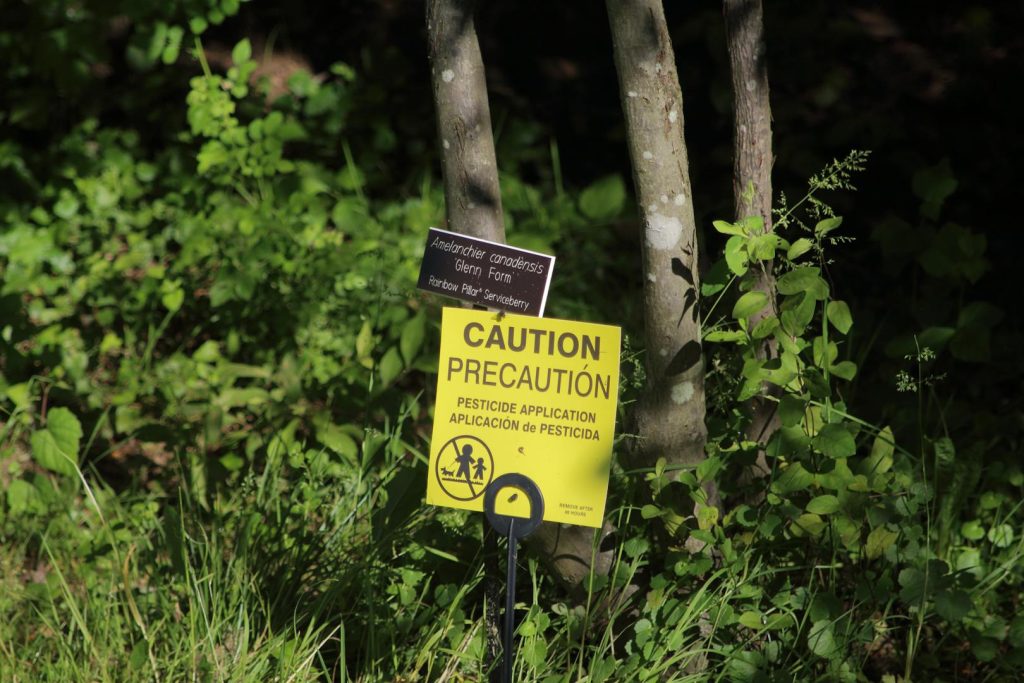
Soil health is a big deal in farming. Organic farming tries to make soil healthier using natural methods. Here are some of the ways they do it:
-
Crop rotation
-
Composting
-
Cover cropping
-
Reduced tillage
These practices help in many ways:
-
They keep the soil fertile.
-
They prevent erosion.
-
They encourage the growth of good microorganisms.
Healthy soil can hold water and nutrients better. This is great for crops.
When I started my own garden, I saw the difference. Using compost made my plants grow stronger. And rotating crops kept my soil rich. It’s amazing how these simple methods can make such a big difference.
So, next time you think about organic food, remember it’s not just about the food itself. It’s about taking care of the soil and the environment too.
| Conventional Farming | Organic Farming |
|---|---|
| Uses synthetic fertilizers | Uses compost and manure |
| High soil erosion | Low soil erosion |
| Depletes soil nutrients | Enhances soil nutrients |
Organic farming has a simple goal: to cut down on synthetic pesticides. This helps keep the soil clean. Natural pesticides are easier to break down and are safer for our planet.
Biodiversity Effects
Biodiversity is like the heart of a healthy ecosystem. Organic farming boosts biodiversity in a few key ways:
-
Planting different kinds of crops
-
Making homes for wildlife
-
Using natural pest control
Each crop brings in its own set of insects and animals. This balance makes the ecosystem stronger. Plus, different plants help various soil organisms thrive. These tiny helpers break down organic stuff and recycle nutrients.
On the flip side, conventional farming often sticks to one crop. This is called monoculture. It cuts down on biodiversity and makes crops easier targets for pests and diseases. Organic farming’s diverse approach helps avoid these problems.
Natural pest control methods might include:
-
Helpful insects
-
Birds
-
Natural predators
These methods cut down the need for synthetic pesticides. And that’s great news for non-target species. Organic farms often become safe spots for wildlife. Think about bees and butterflies. They are crucial for plants to reproduce.
In a nutshell, organic farming focuses on making soil healthier and boosting biodiversity. These practices lead to a greener and more sustainable farming system.
Consumer Perceptions
Many people think organic food is totally free of chemicals. This belief influences how they shop. It’s important to understand these thoughts.
Health Concerns
Health worries push folks toward organic food. They believe it’s safer. They want to avoid harmful stuff in their meals. Organic farms use fewer synthetic chemicals. This means less residue on the food.
Common health worries include:
-
Exposure to harmful chemicals
-
Long-term health effects
-
Impact on children’s growth
People fear pesticides. They think these can cause issues like cancer, hormone problems, and allergies. Parents are especially concerned for their kids. Kids are more sensitive to chemicals. Parents want to keep them safe.
Research shows organic food has fewer residues. But organic farms still use natural pesticides. These are less harmful but not totally risk-free. Knowing this helps people make better choices.
Labeling Confusion
Labels can be tricky. People see “organic” and assume it means “pesticide-free.” Not always true. Organic labels follow rules. These rules allow some natural pesticides. Knowing the rules helps clear up confusion.
Bottom line? Organic food can have pesticides, but usually less harmful ones. Understanding this helps you make informed decisions about what you eat.
Here are some labeling terms and their meanings:
| Label | Meaning |
|---|---|
| 100% Organic | Contains only organic ingredients |
| Organic | At least 95% organic ingredients |
| Made with Organic Ingredients | At least 70% organic ingredients |
Ever wondered what all those organic labels really mean? Let’s break it down:
-
100% Organic: No synthetic pesticides. Period.
-
Organic: Might still have some synthetic stuff.
-
Made with Organic Ingredients: Also can include some non-organic additives.
The key? Understanding these labels. It helps you avoid confusion. And make better choices at the store.
Safety Regulations
We often think of organic food as healthier and safer. But here’s a question: Can organic food have pesticides? You might be surprised by the answer. Let’s dig into the safety rules around organic farming.
Understanding USDA Standards
The USDA (United States Department of Agriculture) sets strict rules for organic farming. These rules make sure organic food stays safe and healthy. Farmers have to follow these rules to keep their organic certification.
Here are some key USDA standards:
-
No synthetic pesticides: Farmers can’t use synthetic pesticides. Only approved natural ones are allowed.
-
Soil health: Farmers must keep the soil healthy. They do this with crop rotation and organic fertilizers.
-
No GMOs: Organic products must be free from genetically modified organisms (GMOs).
The USDA also checks on farmers regularly. These inspections make sure they’re following the rules. If a farmer breaks the rules, they lose their organic certification.
Why It Matters
When you buy organic, you’re trusting that it’s safe and healthy. These rules and checks by the USDA help keep that trust. So, next time you see that organic label, you’ll know there’s a lot of work behind it to keep your food safe.
In a nutshell, organic farming has strict standards. And yes, organic food can have pesticides, but only natural ones that are approved. That’s what makes organic food special.
Here’s a table summarizing USDA standards:
| Standard | Description |
|---|---|
| No Synthetic Pesticides | Only approved natural pesticides allowed |
| Soil Health | Crop rotation and organic fertilizers required |
| No GMOs | Products must be free from GMOs |
International Guidelines
Organic farming rules differ depending on where you are in the world. Each country has its own standards, but the goal is the same: to make sure we get safe and healthy organic food.
Here are some of the key guidelines:
-
European Union (EU): The EU has its own rules for organic farming. They don’t allow synthetic pesticides or fertilizers.
-
Canada: Canada’s rules are a lot like the USDA’s. They focus on keeping the soil healthy and also ban synthetic pesticides.
-
Japan: Japan’s standards are all about sustainable farming. They also limit the use of synthetic chemicals.
There are also international organizations, like the International Federation of Organic Agriculture Movements (IFOAM). They set guidelines that many countries follow. These rules help promote safe and sustainable organic farming.
Here’s a comparison table of international guidelines:
| Country/Region | Key Standards |
|---|---|
| European Union | Restrictions on synthetic pesticides, focus on soil health |
| Canada | Similar to USDA, prohibits synthetic pesticides |
| Japan | Focus on sustainable farming, restricts synthetic chemicals |
Case Studies
ever wonder if organic food is really healthier? A lot of people think it’s totally free from chemicals and pesticides. But is that always the case? Sometimes, even organic produce can have some hidden surprises. Let’s dive into a few examples and see how some farms manage to keep their food clean.
Contaminated Organic Produce
Surprisingly, organic food can still get contaminated with pesticides. Organic farms try to avoid synthetic chemicals, but things don’t always go as planned. How can this happen? Here are a few ways:
-
Drift from nearby conventional farms: Wind can carry pesticides from one farm to another.
-
Contaminated water sources: If water is tainted with pesticides, it can affect the crops.
-
Residual chemicals in the soil: Past use of pesticides can leave residues behind.
So, even with the best intentions, organic produce isn’t always perfect. But don’t worry, many farms are doing an amazing job keeping their food clean. Next time you buy organic, you’ll know a bit more about what goes on behind the scenes.
Let’s look at a specific case:
| Farm Name | Location | Contamination Source | Action Taken |
|---|---|---|---|
| Green Valley | California | Nearby farm drift | Installed windbreaks |
| Sunny Acres | Texas | Water contamination | Switched water source |
Sometimes, even with the best efforts, contamination can still happen on farms. So, farmers need to stay alert and take steps to reduce these risks.
Successful Organic Farms
But don’t worry. Many organic farms manage to keep their crops free from pesticides. How do they do it? Let’s find out:
-
Crop rotation: Planting different crops each season helps keep pests from building up.
-
Natural pest control: Think of it like having a team of good bugs to fight off the bad ones.
-
Organic fertilizers: No synthetic chemicals. Just good, healthy soil.
It’s not always easy, but with these strategies, organic farms can thrive. And the best part? These methods are not only good for the crops but also for the environment.
One example of a successful organic farm is:
| Farm Name | Location | Success Strategy |
|---|---|---|
| Pure Earth Farm | Oregon | Integrated pest management |
| Nature’s Bounty | Florida | Companion planting |
These farms show that with dedication and smart practices, organic produce can remain pesticide-free. Learning from these successful cases can help other farmers improve their methods.
Organic Certification Process
Organic food is often seen as healthier and safer. But here’s a question: Can organic food have pesticides? To understand this, we need to look at the organic certification process. This process ensures that food meets strict standards set by regulatory bodies. It’s thorough and involves multiple steps to make sure the food you eat is truly organic.
Steps to Certification
So, how does the organic certification process work? Let’s break it down:
-
Application Submission: Farmers and producers send an application to a certifying body.
-
Initial Review: The certifying body checks the application for completeness and initial compliance.
-
On-site Inspection: An inspector visits the farm or production facility to verify organic practices.
-
Compliance Review: The inspection report is reviewed to ensure it meets organic standards.
-
Certification Decision: The certifying body decides whether to grant or deny certification.
The good news? This process is designed to be very thorough. It makes sure that the food labeled as organic truly meets the high standards set by regulatory bodies.
The following table outlines the typical timeline for the certification process:
| Step | Estimated Time |
|---|---|
| Application Submission | 1-2 weeks |
| Initial Review | 2-4 weeks |
| On-site Inspection | 1-2 months |
| Compliance Review | 2-4 weeks |
| Certification Decision | 1-2 weeks |
Following organic standards isn’t just a set of rules. It’s about making sure our food stays true to its label. This means using natural pesticides and fertilizers, which are allowed under these standards.
Why Compliance Matters
Sticking to organic guidelines is crucial for a few reasons:
-
Consumer Trust: People buy organic because they believe it’s free from synthetic chemicals.
-
Environmental Impact: Organic farming is kinder to the planet. It’s more sustainable.
-
Health Benefits: When producers follow these rules, the food is free from harmful chemicals. That’s better for our health.
Not following the rules? Big trouble:
-
Loss of certification
-
Fines and penalties
-
Damage to brand reputation
The solution? Stick to the guidelines. Regular inspections and audits help keep everyone honest. It’s not just about following rules. It’s about keeping organic food genuine.
When consumers understand why compliance is important, they can make better choices. They can trust that the organic food they buy is truly organic and meets all the necessary standards.
Future Of Organic Farming
Organic farming is all about growing food without synthetic chemicals. But, can organic food still have pesticides? The future of organic farming looks bright with new ideas and changing consumer trends. These changes could reshape how we handle pests and meet what shoppers want.
Innovation in Pest Management
New pest management techniques are popping up in organic farming. These methods aim to cut down on synthetic pesticides, making our food healthier. Here are some cool innovations:
-
Biological Control: Using natural predators to fight pests. Think of ladybugs munching on aphids.
-
Botanical Pesticides: Made from plants, these are less toxic. Neem oil is a popular example.
-
Integrated Pest Management (IPM): This mixes different methods to handle pests. Things like crop rotation, changing habitats, and using resistant plants.
The good news? These techniques are making organic food even better. I remember seeing ladybugs in my garden last summer. They kept the aphids in check, and my plants thrived. It’s simple and effective.
Farmers are starting to use new methods. And guess what? This change is super important for organic farming’s future.
Consumer Trends
Consumer trends are shaping organic farming. People care more about what they eat now. They want food that’s healthy and free from chemicals. So, organic products are in high demand.
Here Are Some Key Trends:
-
Health Consciousness: People want food that keeps them healthy. They avoid synthetic chemicals and go for natural choices.
-
Sustainability: Folks know their actions affect the planet. They pick products made in a sustainable way.
-
Transparency: Consumers want to know where their food comes from and how it’s made.
These trends are making farmers and producers change their ways. They’re cutting down on pesticide use and adopting sustainable methods. Why? Because that’s what people want.
As these trends grow, the future of organic farming looks bright. Farmers are coming up with new ideas, and consumers are backing them up. This teamwork is paving the way for a healthier and more sustainable food system.
These techniques offer several benefits:
| Technique | Benefits |
|---|---|
| Biological Control | Reduces chemical use, targets specific pests, and is environmentally friendly. |
| Botanical Pesticides | Less toxic, biodegradable, and safe for non-target organisms. |
| IPM | Combines multiple methods, reduces resistance, and is sustainable. |
Farmers are increasingly adopting these methods. This shift is crucial for the future of organic farming.
Consumer Trends
Consumer trends are shaping the future of organic farming. People are more conscious about what they eat. They prefer food that is healthy and free from chemicals. This is driving demand for organic products.
Here are some key trends:
- Health Consciousness: Consumers want food that boosts their health. They avoid synthetic chemicals and prefer natural options.
- Sustainability: People are aware of their environmental impact. They choose products that are produced sustainably.
- Transparency: Consumers demand transparency. They want to know where their food comes from and how it is produced.
These trends are influencing farmers and producers. They are adopting practices that align with consumer preferences. This includes reducing pesticide use and adopting sustainable methods.
As these trends continue, the future of organic farming looks promising. Farmers are innovating, and consumers are supporting these efforts. This synergy will shape a healthier and more sustainable food system.
Myths And Misconceptions
Let’s talk about something many folks get wrong about organic food. Ever heard someone say organic food has no pesticides? Or that it’s always better for the environment? Or maybe that it’s always healthier? These are pretty common beliefs.
But here’s the thing: These ideas come from thinking “organic” means “natural” and “pure.” Many people think organic food is grown without any chemicals. That’s not exactly true.
So, let’s clear up some myths:
-
Organic food has no pesticides
-
Organic farming is always better for the environment
-
Organic food is always healthier
The good news? Understanding these myths helps us make smarter choices when buying food. Organic farmers can use certain pesticides, just not synthetic ones. These are often called “natural pesticides.”
So next time you’re at the store, remember: Organic doesn’t mean chemical-free. It just means they use different kinds of chemicals. And that’s worth knowing.
Here is a comparison between organic and conventional farming:
| Aspect | Organic Farming | Conventional Farming |
|---|---|---|
| Pesticide Use | Natural Pesticides Allowed | Synthetic Pesticides Used |
| Environmental Impact | Lower Impact | Higher Impact |
| Health Benefits | Potentially Higher Nutrients | Varies |
Facts Vs. Fiction
-
Fact: Organic food can have pesticides.
-
Fiction: Organic food is always pesticide-free.
-
Fact: Organic farming uses natural pesticides like neem oil.
-
Fiction: All natural pesticides are safe.
Here’s the deal. Even natural pesticides can be harmful if not used properly. Organic farming aims to be kinder to the environment. Does it mean zero harm? No. But it does mean using safer, less harmful options.
The good news? Farmers are always looking for better ways to keep our food safe and healthy. And that’s something we can all appreciate.
Let’s look at some natural pesticides used in organic farming:
| Pesticide | Source | Usage |
|---|---|---|
| Neem Oil | Neem Tree | Insect Control |
| Pyrethrin | Chrysanthemum Flowers | Insect Control |
| Rotenone | Roots of Certain Plants | Insect Control |
Knowing these facts helps make informed choices. Organic food aims for sustainability and health but isn’t perfect. Understanding the reality helps clear misconceptions.
Conclusion And Takeaways
Ever wondered if organic food can have pesticides? Let’s dive into that question and see what it means for us as consumers.
Final Thoughts
Yes, organic food can have pesticides. But here’s the catch: they’re natural or non-synthetic. These natural pesticides are strictly regulated. Organic farmers use them only when they have no other options.
So, what’s the difference between synthetic and natural pesticides?
-
Natural pesticides come from plants, animals, or minerals.
-
Synthetic pesticides are man-made chemicals.
Studies show that natural pesticides are less harmful than synthetic ones. Think of it this way: natural pesticides are like using essential oils to keep bugs away, while synthetic ones are like using strong chemicals.
Understanding these differences can help us make better choices about what we eat.
Stay informed and make choices that are best for you and your family. Happy eating!
Looking for healthier food choices? Organic might be the way to go. With fewer pesticides and less toxic substances, organic food is a safer bet.
Tips for Buying Organic
Want to make sure you’re getting the best organic produce? Here are some simple steps:
-
Buy from trusted sources: Look for labels that say “certified organic.”
-
Wash your produce: Rinse fruits and veggies to get rid of any leftover residues.
-
Support local farmers: Farmers’ markets are great places to find fresh, organic produce.
-
Stay informed: Read up on organic farming practices and standards.
Quick Checklist For Buying Organic Food
-
Check for organic certification.
-
Inspect the produce for freshness.
-
Ask the seller about their farming methods.
-
Wash produce thoroughly before eating.
By following these tips, you can enjoy the benefits of organic food. You’ll reduce your exposure to harmful pesticides and support sustainable farming. It’s a win-win!
Here’s a comparison table to illustrate the differences:
| Criteria | Natural Pesticides | Synthetic Pesticides |
|---|---|---|
| Source | Plants, Animals, Minerals | Man-made Chemicals |
| Toxicity | Generally Lower | Generally Higher |
| Regulation | Strict Standards | Varies |
Organic food is still a safer choice. The pesticide levels are lower, and the substances used are less toxic. Consumers should feel confident in choosing organic products.
Frequently Asked Questions
Can Organic Food Contain Pesticides?
Yes, it can. But they use natural or non-synthetic ones.
Are Organic Pesticides Safe?
They’re generally safer. But if used the wrong way, they can still be harmful.
How Are Organic Pesticides Regulated?
The USDA regulates them. They have to meet certain standards.
Can Organic Farming Eliminate Pesticides?
Not completely. It reduces the use, but doesn’t get rid of them entirely.
Do Organic Foods Have Fewer Pesticides?
Yes, they usually have fewer pesticide residues than conventional foods.
What Types Of Pesticides Are Allowed In Organic Farming?
Things like neem oil and pyrethrin are allowed. They’re natural.
Conclusion
So, organic food can have some pesticides. But they’re naturally derived. Strict regulations mean they use as little as possible. Choosing organic means you’re exposed to fewer synthetic chemicals. Always wash your produce to get rid of any residues. Stay informed. Make the best choices for your health and the environment.
Organic food? It’s still a healthier, eco-friendly option.

